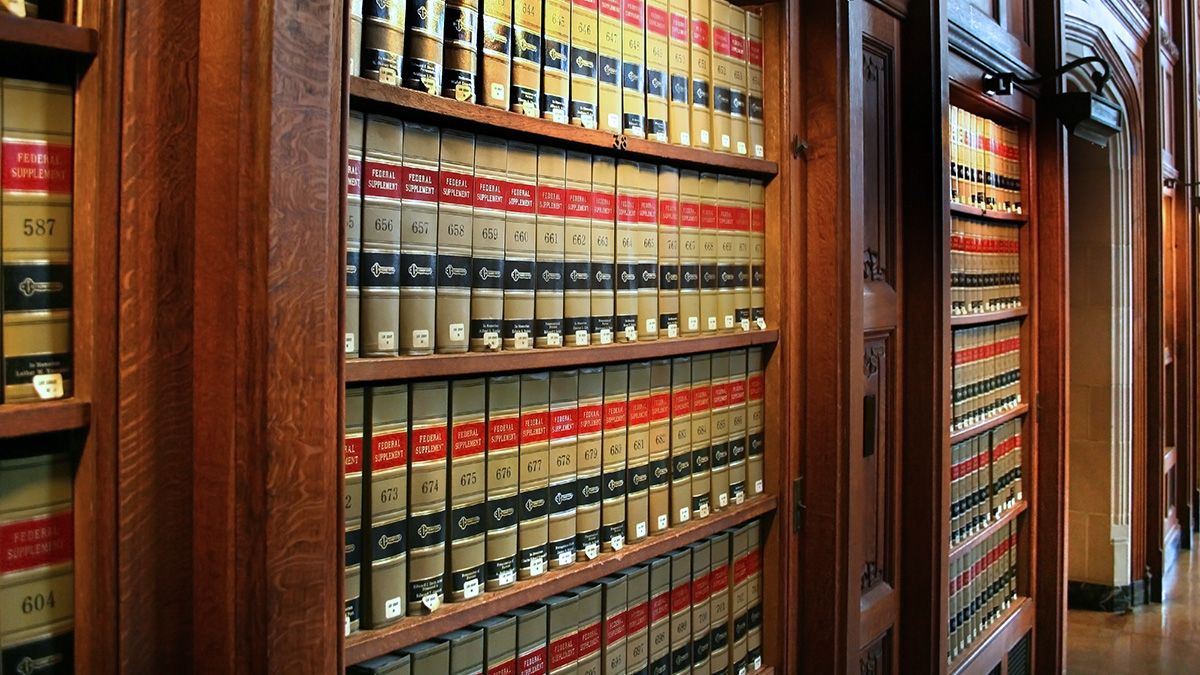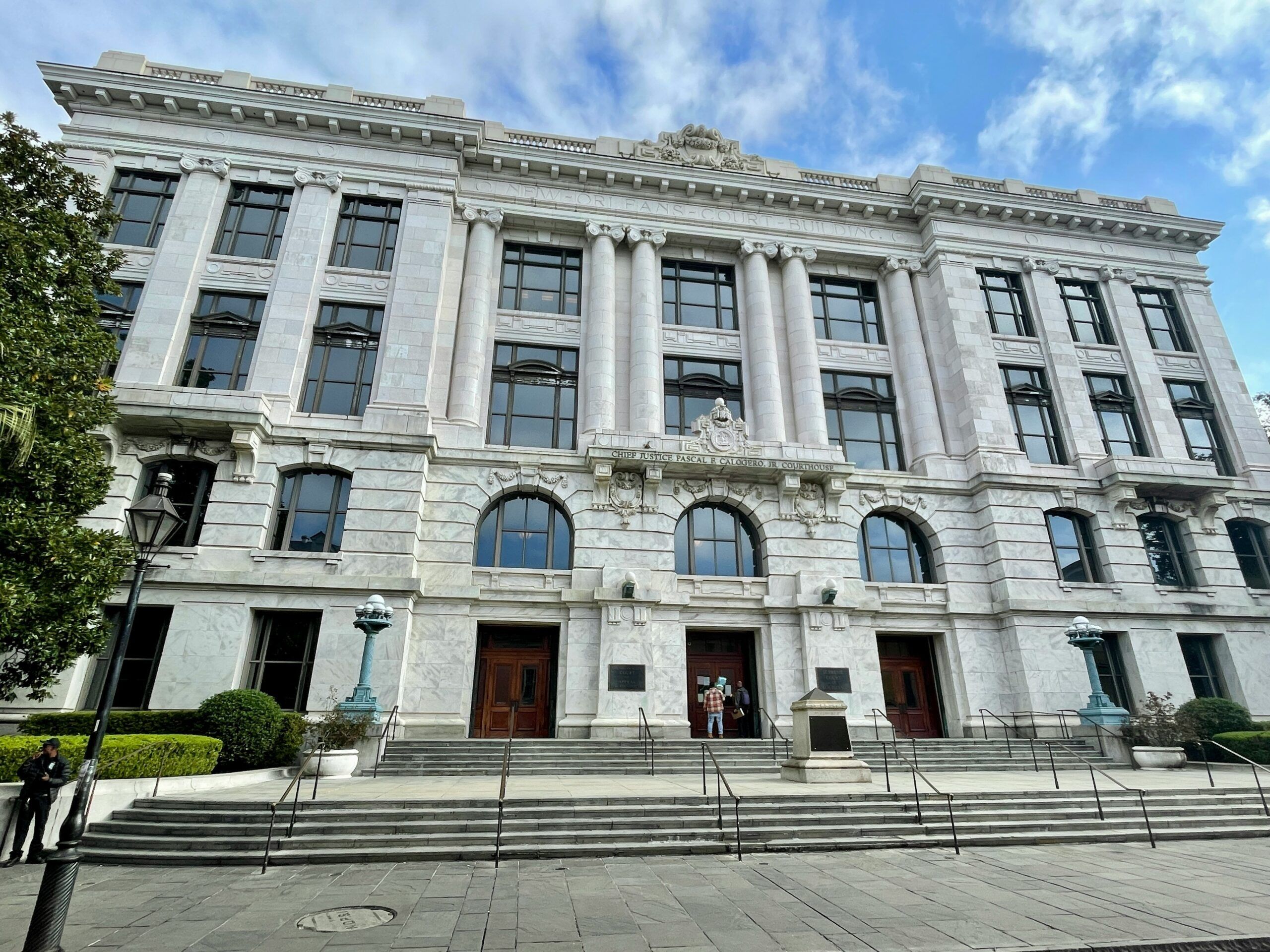New Authority: ABA Formal Opinion 504: Rule 8.5: Choice of Law
Author: Dr. Michael H. Hoeflich
This article is featured in Volume 4, Number 3 of the Legal Ethics and Malpractice Reporter.
The American Bar Association Standing Committee on Ethics and Professional Responsibility issued Formal Opinion 504 on March 1, 2023. It addresses what has been a thorny problem for lawyers licensed in or working in more than one jurisdiction: how to interpret the choice of law provisions in the Rules of Professional Conduct.[1]
Formal Opinion 504 focuses on Model Rule of Professional Conduct 8.5, which states:
(a) Disciplinary Authority. A lawyer admitted to practice in this jurisdiction is subject to the disciplinary authority of this jurisdiction, regardless of where the lawyer’s conduct occurs. A lawyer not admitted in this jurisdiction is also subject to the disciplinary authority of this jurisdiction if the lawyer provides or offers to provide any legal services in this jurisdiction. A lawyer may be subject to the disciplinary authority of both this jurisdiction and another jurisdiction for the same conduct.
(b) Choice of Law. In any exercise of the disciplinary authority of this jurisdiction, the rules of professional conduct to be applied shall be as follows:
(1) for conduct in connection with a matter pending before a tribunal, the rules of the jurisdiction in which the tribunal sits, unless the rules of the tribunal provide otherwise; and
(2) for any other conduct, the rules of the jurisdiction in which the lawyer’s conduct occurred, or, if the predominant effect of the conduct is in a different jurisdiction, the rules of that jurisdiction shall be applied to the conduct. A lawyer shall not be subject to discipline if the lawyer’s conduct conforms to the rules of a jurisdiction in which the lawyer reasonably believes the predominant effect of the lawyer’s conduct will occur.
Missouri Rule of Professional Conduct 4-8.5 is identical to the Model Rule. But Kansas Rule of Professional Conduct 8.5 is not. The Kansas rule focuses on establishing disciplinary authority over all attorneys admitted to practice in Kansas:
A lawyer admitted to practice in this jurisdiction is subject to the disciplinary authority of this jurisdiction although engaged in practice elsewhere.
It leaves the choice of law discussion for the comment section:
In modern practice, lawyers frequently act outside the territorial limits of the jurisdiction in which they are licensed to practice, either in another state or outside the United States. In doing so, they remain subject to the governing authority of the jurisdiction in which they are licensed to practice. If their activity in another jurisdiction is substantial and continuous, it may constitute practice of law in that jurisdiction. See Rule 5.5.
If the rules of professional conduct in the two jurisdictions differ, principles of conflict of laws may apply. Similar problems can arise when a lawyer is licensed to practice in more than one jurisdiction.
Where the lawyer is licensed to practice law in two jurisdictions which impose conflicting obligations, applicable rules of choice of law may govern the situation. A related problem arises with respect to practice before a federal tribunal, where the general authority of the states to regulate the practice of law must be reconciled with such authority as federal tribunals may have to regulate practice before them.
Still, Opinion 504 is instructive for both jurisdictions.
Opinion 504 offers the most guidance in discussing the safe harbor provision contained in the Model Rule 8.5(b)(2):
Rule 8.5(b)(2) provides a safe harbor for a lawyer’s “predominant effect” determination: “A lawyer shall not be subject to discipline if the lawyer’s conduct conforms to the rules of a jurisdiction in which the lawyer reasonably believes the predominant effect of the lawyer’s conduct will occur.” This safe harbor from disciplinary action is not without limits. The lawyer’s belief about the jurisdiction of the predominant effect of the lawyer’s conduct must be a reasonable belief. Reasonable belief is a defined term and “denotes that the lawyer believes the matter in question and that the circumstances are such that the belief is reasonable.”
Although Rule 8.5 does not provide lawyers guidance on what factors the lawyer should consider when determining where the predominant effect of the lawyer’s conduct occurs, the Committee believes lawyers should look to the following factors:
- the client’s location, residence, and/or principal place of business;
- where the transaction may occur;
- which jurisdiction’s substantive law applies to the transaction;
- the location of the lawyer’s principal office;
- where the lawyer is admitted;
- the location of the opposing party and other relevant third parties (residence and/or principal place of business); and
- the jurisdiction with the greatest interest in the lawyer’s conduct.
While some of these factors have been identified by other ethics authorities, they now have the ABA Committee’s endorsement.
Opinion 504 also addresses the effect of an agreement on between the lawyer and client—highlighting the addition of the last sentence to Comment [5]:
When a lawyer’s conduct involves significant contacts with more than one jurisdiction, it may not be clear whether the predominant effect of the lawyer’s conduct will occur in a jurisdiction other than the one in which the conduct occurred. So long as the lawyer’s conduct conforms to the rules of a jurisdiction in which the lawyer reasonably believes the predominant effect will occur, the lawyer shall not be subject to discipline under this Rule. With respect to conflicts of interest, in determining a lawyer’s reasonable belief under paragraph (b)(2), a written agreement between the lawyer and client that reasonably specifies a particular jurisdiction as within the scope of that paragraph may be considered if the agreement was obtained with the client’s informed consent confirmed in the agreement.
(emphasis added).
To offer more practical guidance to attorneys, the opinion discusses five hypothetical scenarios involving choice-of-law issues:
- Fee agreements
- Law firm ownership
- Reporting lawyer misconduct
- Confidentiality duties
- Screening for lateral lawyers
The opinion concludes with a restatement of Comment 5 as clarified by the ABA Committee:
When a lawyer’s conduct is in connection with a matter pending before a tribunal, the lawyer must comply with the ethics rules of the jurisdiction in which the tribunal sits, unless otherwise provided. For all other conduct, including conduct in anticipation of litigation not yet filed and conduct not involving litigation, a lawyer must comply with the ethics rules of the jurisdiction where the lawyer’s conduct occurs or, if different, where the predominant effect of the lawyer’s conduct occurs. Factors to assess where that “predominant effect” occurs may include the client’s location, where a transaction occurs, which jurisdiction’s substantive law applies to the transaction, the location of the lawyer’s principal office, where the lawyer is admitted, the location of the opposing party, and the jurisdiction with the greatest interest in the lawyer’s conduct. A lawyer will not be subject to discipline if the lawyer’s conduct conforms to the rules of a jurisdiction in which the lawyer reasonably believes the predominant effect of the lawyer’s conduct will occur.
In a world in which lawyers are increasingly licensed in more than one jurisdiction or working in more than one jurisdiction, Opinion 504 provides important additional guidance. Every lawyer needs to be familiar with it.
References:
- The ABA online journal published a brief article that goes into more detail. See David L. Hudson, Jr., “Choice-of-law questions for state ethics rules examined in new ABA opinion,” Mar. 1, 2023.
>>READ THE FULL ISSUE OF LEMR, Vol. 4, No. 3
About Joseph, Hollander & Craft LLC
Joseph, Hollander & Craft is a premier law firm representing criminal, civil and family law clients throughout Kansas and Missouri. When your business, your freedom, your property, or your career is at stake, you want the attorney standing beside you to be skilled, prepared, and relentless. From our offices in Kansas City, Lawrence, Overland Park, Topeka and Wichita, our team of 20+ attorneys has you covered. We defend against life-changing criminal prosecutions. We protect children and property in divorce cases. We pursue relief for victims of trucking collisions and those who have suffered traumatic brain injuries due to the negligence of others. We fight allegations of professional misconduct against doctors, nurses, judges, attorneys, accountants, real estate agents and others. And we represent healthcare professionals and hospitals in civil litigation.












